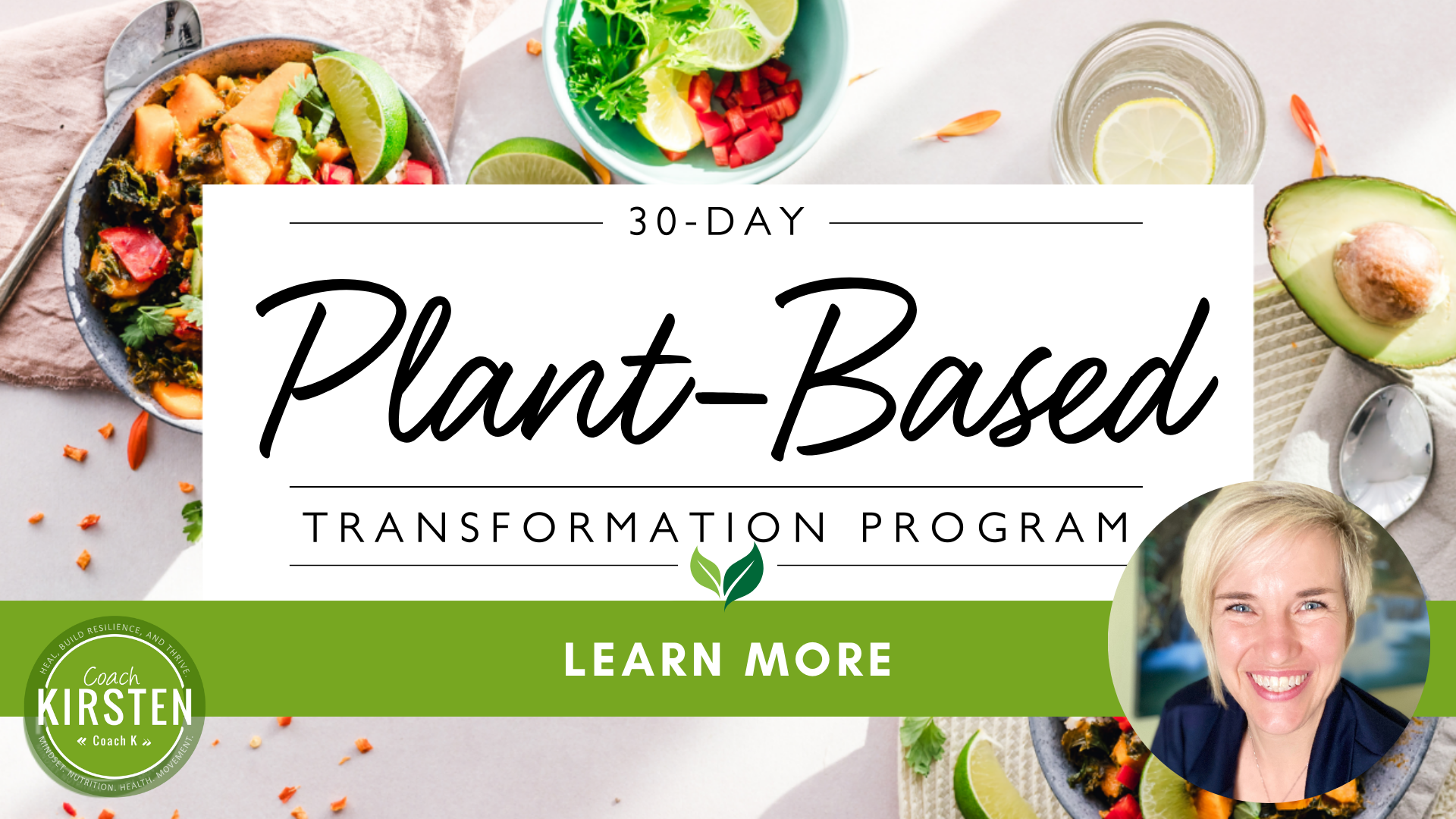Emotional Health – Part 1 – How Food Affects Our Emotions

Hi there,
This season has been a very intense season for everyone. The entire world has been affected and watching and experiencing Covid. If you’re in America, you’re watching race issues come to the surface in the midst of an economic crisis as well as an election year.
It’s been a lot.
And no doubt, it has brought up emotional elements within your personal life as well.
I have heard this from countless people. The last few months have shifted our schedules and brought up countless emotions.
As if our own lives weren’t enough to deal with!
And here we are.
We’re wondering what emotions are ours.
We’re wondering what to do.
How do we cope?
Do we have tools in our hands for coping with such intensity?
There are certainly tools out there such as counseling, coaching, personal training, nutrition counseling, emotional healing, and emotional freedom techniques.
But today I wanted to focus on one simple area that change can be made: our food choices.
I’m not talking about going on a fad diet. I’m talking about nutrients.
What kind of life are you giving your body so that it can perform at its best to help you through hard times?
Did you know that your diet can actually have an impact on your emotions?
Of course, I am not denying the place of clinical depression, or very real reasons in life that cause pain, heartache, and trials. I have been through many myself.
And by no means am I saying that if you’re depressed, it’s only your diet. And I am not saying to get off medications if you’re on any. Always work with your doctor in this area.
BUT What I am saying is this:
Diet can both encourage and amplify depression, anxiety & emotional struggles.
Diet can be one major factor contributing to emotional challenges.
I’ve done a LOT of work in the emotional healing world. In fact, that was really my first passion because I needed so much healing myself.
But as I started transforming my own health through nutrition and movement, I started to read and learn about how what I ate actually affected my emotions as well.
This is one of the biggest factors that pulled me from purely emotional healing into nutrition and movement.
I started realizing that addressing certain emotions without also addressing the whole person doesn’t always work.
CATCH 22 circle: Emotional Eating vs Emotional Because of Our Eating?
- Now there’s 2 parts to emotions and food: We can experience false emotions because of the foods we eat, and we can also eat because of our emotions.
- I call this the catch 22 circle.
- Sometimes this becomes a full circle that acts like a downward spiral if we don’t catch it somewhere along the process.
- For example, you have a hard day at work, then you have a valid need to feel comforted, and instead of dealing with that emotion directly, you reach for a food item that immediately boosts the serotonin levels in your brain to make you feel happy again.
- What’s the problem with that?
- Well, that food actually produced a false emotion. It didn’t deal with the issue, but
How do you know if it’s diet vs emotion?
- Emotions are very complex. Scientists, doctors, nutritionists, psychologists and more are all trying to sort these pieces out.
- We can’t say that an emotion is only from one thing. We know that if we isolated even one emotion alone like grief, that it is connected to many circumstances in our lives that caused grief and pain. Today’s issues are not isolated issues. They’re stacked and built one on top of the other.
- BUT what we do know when it comes to food and our emotions, is that poor eating habits can be a cause of emotions like anxiety, sadness, depression, and even irrational fear. If food is not the cause, then it can certainly amplify
DIET: 2 Parts: Food we have coming vs Food that’s not coming in.
I’m not a fan of dieting. At all. However, I am a huge fan of science-based nutrition through whole foods. When we focus on whole foods, there’s something really powerful that takes place within our bodies. Our bodies begin to heal.
- Food to reduce: The foods we take into our bodies can majorly affect the chemical state of our bodies—sugar, processed foods, hormones (in meat and dairy) all majorly effect the microbiome in our gut, deplete our bodies of energy, and.
- Foods to add in: we don’t take in also affects our bodies. Nutrient deficiency. Diets high in antioxidants have been shown to help lower depressive symptoms.
“Natural monoamine oxidase enzyme inhibitors in fruits and vegetables may help explain the improvement in mood associated with switching to a plant-based diet.”
– Michael Gregor, MD.
What Can We Do?
- Start with baby steps: definitely address emotional issues when they come, but also reflect back on the last 3 days of your nutrition.
- Do some journaling: A combination of a food/feelings journal can be really helpful. What did you eat today? How did you feel?
- Remove harmful foods: Remove these foods for a time in order to give your body a break from inflammation and depletion. See how your body and emotions do. Pull out the following types of foods for 1-3 weeks: sugar, processed foods, oils, saturated & trans Fats.
- Add in Nutrient-rich foods: such as dark leafy greens, mushrooms, vegetables, fruits, legumes, small amounts of nuts and seeds, sea mineral-rich foods, and lots of water. Flood your body with nourishment. Think of it as giving yourself the best fuel possible to allow it to heal and produce the right chemicals naturally.
- Try a mini “reset” to get your gut and brain thinking clearly again so that you can actually effectively address any emotions that are really coming through. Who knows, you may be one of the cases that get transformed through this simple shift! (See some great stories below)
- Supplements that can help: B12, D3, Omega 3, and Magnesium. You may also like to try these superfoods often shown to help: Spirulina & Chlorella.
Stories of Depression Reversed Through Diet:
- https://www.forksoverknives.com/wellness/diet-depression-link-food-mental-health/#gs.7gu036
- https://www.forksoverknives.com/success-stories/how-going-plant-based-helped-me-overcome-depression/#gs.7gu02n
- https://www.forksoverknives.com/success-stories/conquered-depression-whole-food-diet/#gs.7gtzvm
- https://www.forksoverknives.com/success-stories/i-went-plant-based-and-left-life-threatening-depression-behind/#gs.7gtzul
- https://www.forksoverknives.com/success-stories/type-2-diabetes-addiction-depression-130-pounds-gone-in-three-years-with-a-plant-based-diet/#gs.7gu0dy
Research on diet:
- 18-Month Study published in the American Journal of Health Promotion tested the impact of nutrition on well-being and workplace productivity:
https://www.ncbi.nlm.nih.gov/pmc/articles/PMC3701293/ - M E Payne, S E Steck, R R George, D C Steffens. Fruit, vegetable, and antioxidant intakes are lower in older adults with depression. J Acad Nutr Diet. 2012 Dec;112(12):2022-7.
- https://www.healthline.com/health/dopamine-vs-serotonin
- https://www.forksoverknives.com/wellness/diet-depression-link-food-mental-health/#gs.7gu036
- https://nutritionfacts.org/video/antioxidants-and-depression/
- https://nutritionstudies.org/diet-to-fight-depression/
- Avena NM, Rada P, Hoebel BG. Sugar and fat bingeing have notable differences in addictive-like behavior. The Journal of nutrition 2009;139:623-8.
- Nousen EK, Franco JG, Sullivan EL. Unraveling the mechanisms responsible for the comorbidity between metabolic syndrome and mental health disorders. Neuroendocrinology 2013;98:254-66.
- Beezhold BL, Johnston CS. Restriction of meat, fish, and poultry in omnivores improves mood: a pilot randomized controlled trial. Nutr J 2012;11:9.
Chlorella and Detoxing:
Emotions:
- https://nutritionfacts.org/video/how-to-strengthen-the-mind-body-connection/
- https://www.ncbi.nlm.nih.gov/pmc/articles/PMC2908269/
- https://www.healthline.com/health/dopamine-vs-serotonin
- https://nutritionstudies.org/diet-to-fight-depression/

Hi there! My name is Kirsten Larsen, also known as Coack K. I’m a holistic health coach, Clinical EFT practitioner, and running coach. My journey has been a long one in the way of healing my body, emotional healing, trauma healing, transformational mindset techniques, emotional freedom technique, learning nutrition, injury prevention, running form and technique, and more. All in all, what I’ve found is that we are designed to thrive in our body, soul, and spirit. If we are not, then there is simply an element we’re missing. It’s been my passion and joy to help people remove the blocks that keep them from thriving in their body and mind, so that they can thrive in life. If you’re interested in coaching, sign up for a free consultation call here.

